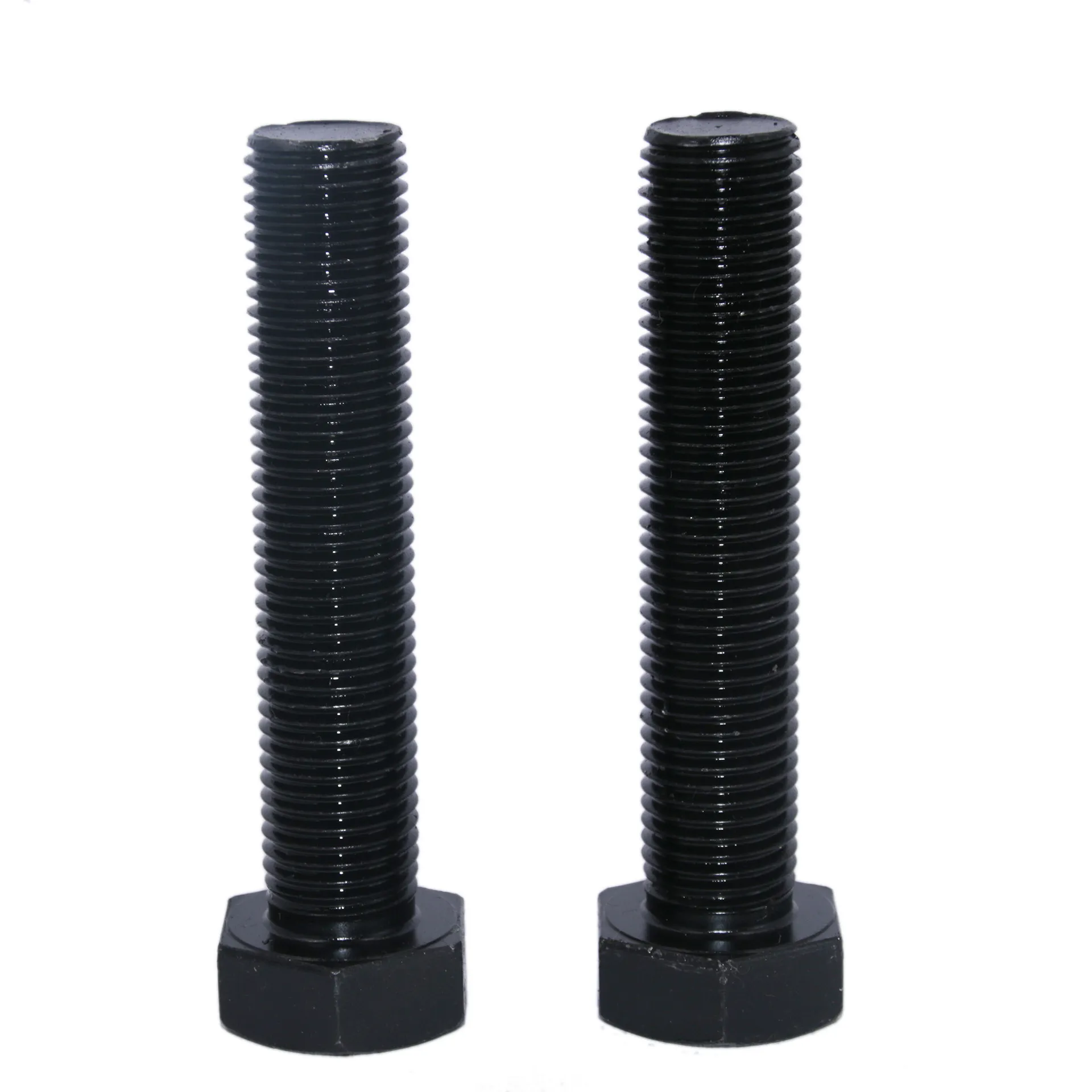

Innovative Solutions for Automotive Plastic Fasteners in Modern Vehicle Manufacturing and Design Trends
Jul . 24, 2024 02:37 Back to list
Innovative Solutions for Automotive Plastic Fasteners in Modern Vehicle Manufacturing and Design Trends
The Role of Automotive Plastic Fasteners in Modern Vehicle Design
In the ever-evolving automotive industry, the importance of lightweight materials and efficient assembly processes cannot be overstated. Among the various components that contribute to these advancements, automotive plastic fasteners have emerged as indispensable elements in modern vehicle design. These fasteners play a crucial role in ensuring structural integrity, reducing weight, and enhancing overall vehicle performance.
What Are Automotive Plastic Fasteners?
Automotive plastic fasteners are specialized components used to secure, connect, or join various parts of a vehicle. Unlike traditional metal fasteners such as bolts and screws, plastic fasteners are made from a variety of polymers, which offer numerous benefits, including corrosion resistance, flexibility, and a significant reduction in weight. Common types of plastic fasteners include clips, rivets, screws, snap-fits, and push-in fasteners, each serving unique functions within a vehicle’s assembly.
Advantages of Plastic Fasteners
1. Weight Reduction One of the primary advantages of plastic fasteners is their lightweight nature. As automotive manufacturers strive to produce lighter vehicles to improve fuel efficiency and reduce emissions, plastic fasteners provide an effective solution. The reduction in weight contributes to better mileage and enhances the vehicle's overall performance.
2. Corrosion Resistance Plastic fasteners are inherently resistant to corrosion, making them ideal for use in various environments, including those exposed to moisture and chemicals. This property ensures a longer lifespan for automotive components, reducing the need for frequent replacements and maintenance.
3. Cost-Effectiveness While the initial cost of plastic fasteners may be higher than that of traditional metal options, their weight-saving properties and resistance to corrosion contribute to overall cost savings. Fewer replacements and repairs lead to lower long-term maintenance costs for manufacturers.
automotive plastic fasteners

4. Design Flexibility The versatility of plastics allows for innovative design possibilities. Manufacturers can create fasteners in multiple shapes and sizes to meet specific application requirements, including designs that facilitate easier assembly and disassembly. Their flexibility also allows for the integration of features such as vibration damping, which can enhance the performance and longevity of components.
Applications in Automotive Manufacturing
Plastic fasteners are widely used across various parts of a vehicle, including interior and exterior components. In the interior, they secure panels, dashboards, and seats, while in the exterior, they are utilized for attaching bumpers, body panels, and fenders. Their ability to withstand a range of environmental conditions makes them suitable for both thermal and mechanical stress applications, further solidifying their position in automotive engineering.
Moreover, as the industry shifts towards electric vehicles (EVs) and hybrid models, the demand for lightweight materials continues to grow. Plastic fasteners are increasingly essential in these vehicles, contributing to the overall design's efficiency while fostering innovations in battery housing, lightweight structural components, and more.
The Future of Plastic Fasteners in Automotive
The future of automotive plastic fasteners looks promising, especially with the ongoing advancements in materials science. Newer, more robust composite materials are being developed that offer even greater strength-to-weight ratios, making them ideal for high-performance applications. As the automotive industry continues to prioritize sustainability and environmental responsibility, the development of biodegradable and recycled plastics for fastener production may also gain traction.
In conclusion, automotive plastic fasteners are revolutionizing the automotive landscape by providing lightweight, cost-effective, and durable fastening solutions. With their growing importance in the design and manufacture of modern vehicles, these versatile components are set to play a significant role in shaping the future of automotive engineering. As technology evolves and consumer demands shift, the continuous innovation in plastic fastener design and application will undoubtedly contribute to the sustainable growth of the automotive sector.
Latest news
-
Hot Dip Galvanized Bolts-About LongZe|High Strength, Corrosion Resistance
NewsJul.30,2025
-
High-Strength Hot Dip Galvanized Bolts - Hebei Longze | Corrosion Resistance, Customization
NewsJul.30,2025
-
Hot Dip Galvanized Bolts-Hebei Longze|Corrosion Resistance&High Strength
NewsJul.30,2025
-
High-Strength Hot-Dip Galvanized Bolts-Hebei Longze|Corrosion Resistance&High Strength
NewsJul.30,2025
-
Hot Dip Galvanized Bolts-Hebei Longze|Corrosion Resistance&High Strength
NewsJul.30,2025
-
Hot Dip Galvanized Bolts - Hebei Longze | Corrosion Resistance, High Strength
NewsJul.30,2025

